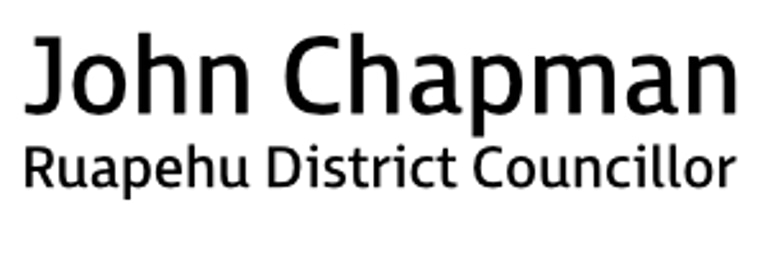Exchanging vegetarian recipes with my cattle
The future of local government
John Chapman
7/22/20222 min read


For some time now Three Waters has been the main focus of debate in terms of the relationship between central and local government. With governments acceptance of the majority of changes proposed by the Three Waters working group, that debate will hopefully settle and our focus as elected members can shift to local issues we have the authority to address. That said we are now seeing an irrevocable shift in governance from local to regional, both with water and the changing RMA structure. So what’s left? Whilst our focus has been on Three Waters running quietly in the background is a review of local government that promises to be every bit as radical in approach as Three Waters..
The review proposes to look beyond existing structures and is seen as an: “Opportunity to create a system in which the many organisations that contribute to local wellbeing can work together to more effectively address challenges and deliver shared goals and aspirations, now and into future generations.” There is no doubt this isn’t happening at the moment in Ruapehu where the thinking is often one dimensional and siloed. council, iwi, business and the community at the moment never share the same table. The review, which in my view should have come before Three Waters, highlights the disconnect between central and local government it states: “The Productivity Commission has reported that central government “needs to substantially increase its understanding of the local government sector”, and that central government fails to acknowledge local authorities’ independence, frequently treating them as agents of central government who can be expected to unquestioningly implement national policies.” So yes improved relationships with central government but too late for the debate on Three Waters… And yes that relationship needs to be rebuilt. Lack of funding is the predominant reason for service delivery failure in Ruapehu which in turn leads to overall levels of public satisfaction that are low: in one 2019 survey of five major cities, only 30% said they were confident in council decision- making, and only 31% believed the public had influence on council decisions.
A legacy of failure
There is good reason for that in Ruapehu. The lack of engagement with our communities is indicative of a minimalist council that continues to kick the can up the road on all but the easiest of issues to tackle. A high staff turnover means those that are left are overburdened, under resourced and unable to deliver. Council’s Livability Report due to be published last year has been quietly shelved - the statistics are so poor as to be a damning indictment of Council’s performance.
For the new Council elected in October the challenges will be immense. Not only will we have to forge new and more positive relationships between our new community boards and council we will also need to reach out to mana whenua, business and the community as a whole. Challenging times ahead and the possibility of a much more effective council for Ruapehu.


